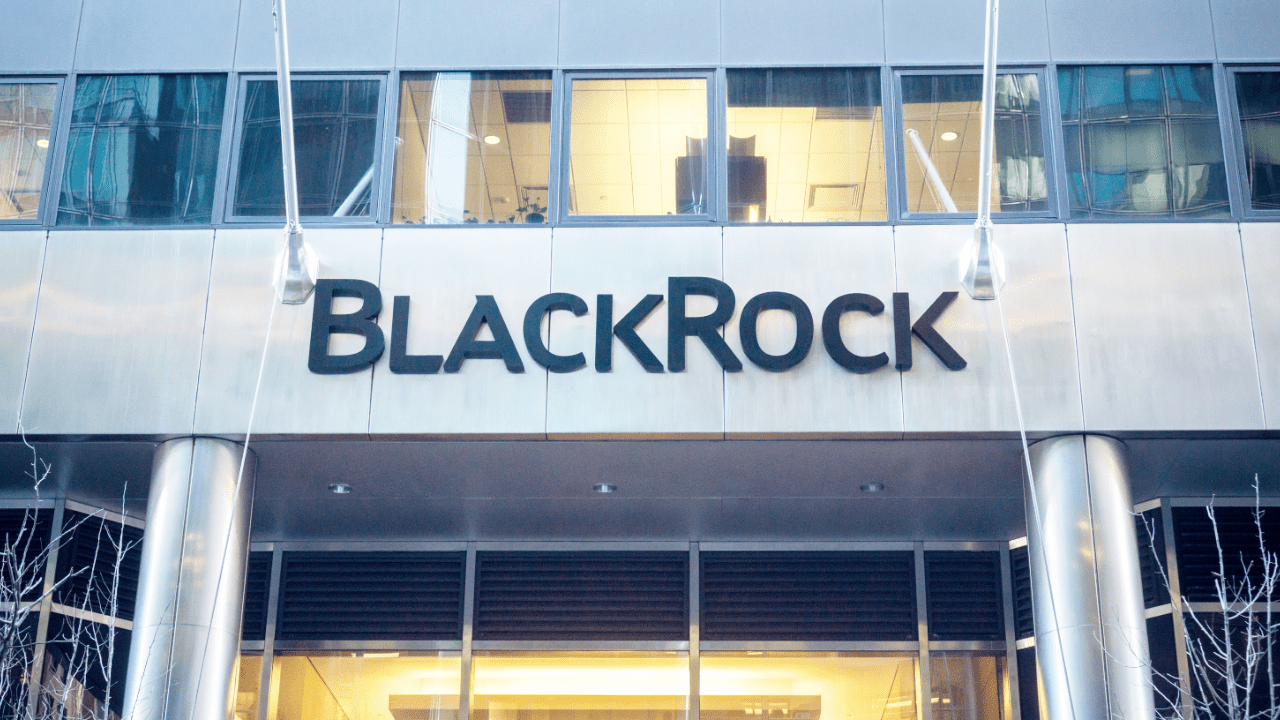The infamous North Korean hacker group, Lazarus Group, struck again in late February with a massive crypto heist. In just 10 days, these cybercriminals managed to steal a staggering 499,000 Ethereum (ETH)—worth nearly $1.5 billion at the time of the hack—and launder it through crypto mixers and decentralized exchanges (DEXs), making a significant portion of the funds nearly untraceable.
THORChain: The Ultimate Money Laundering Machine
According to a report by blockchain analytics platform EmberCN, Lazarus Group primarily used THORChain as their go-to laundering route. In total, including other stolen assets, the hackers funneled a mind-blowing $5.9 billion through this network—officially making it the largest crypto money laundering operation ever recorded. A rather bizarre milestone in the world of cybercrime.
THORChain greatly benefits from its ability to facilitate anonymous transactions. Just from processing the Lazarus Group’s stolen funds, the platform raked in $5.5 million in transaction fees. But how does this work?
The secret lies in THORChain’s decentralized liquidity pools. Users can swap crypto across different blockchains without undergoing any Know Your Customer (KYC) verification. This makes THORChain a haven for cybercriminals, allowing them to seamlessly convert and move vast amounts of stolen crypto without leaving a trace.
The Hunt is On
Bybit isn’t sitting idly by. The exchange is going all out to recover the stolen funds and has put up a massive $140 million bounty for any information leading to the culprits. Bybit CEO Ben Zhou remains hopeful, revealing that 77% of the stolen crypto is still traceable, while 20% has vanished without a trace, and 3% has been frozen.
Under its new “HackBounty Program,” Bybit is not only rewarding tipsters who provide information on the hackers but also blockchain analysts and exchanges that help track the stolen assets. Investigators and platforms alike can claim 5% of any successfully recovered crypto.
The race to catch one of the most sophisticated crypto hacking operations ever is on. Will Bybit and the crypto community manage to claw back the billions, or will Lazarus Group once again slip through the cracks of decentralized finance?

























